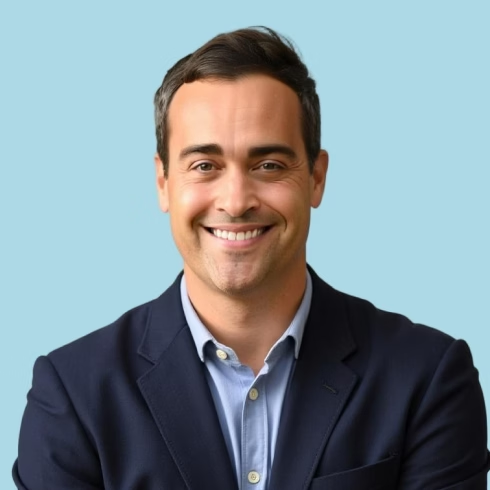

What happens in Vegas doesn’t stay in Vegas when you’re talking about Dell Tech World. What’s it like to shape the future amongst so many innovators and technologies? This week on Catalyst, Dell’s Global Client Executive, Roberto Cortez, has your inside look. Check out the highlights below, then dive into the full episode to learn more.
Going beyond the hype of AI
No surprise, AI was a main topic in every discussion, from hardware enhancements to software capabilities. While AI conversations are happening everywhere, everyone at Dell Tech World 2024 was careful to discern between genuine innovation and hype. Forget theoretical discussions — the real impact of AI is evident in real-world use cases across industries such as finance, healthcare, manufacturing, and automotive. For example, in healthcare, AI is revolutionizing post-operative cancer treatment by enhancing the accuracy of biopsies and reducing the need for follow-up surgeries.
Simplifying the complex
In the pursuit of digital innovation, simplicity is often a complex challenge. Roberto likened it to military strategy: straightforward in concept but intricate in execution. Generative AI, for example, promises streamlined processes and optimized resources, but achieving these efficiencies requires meticulous planning and execution. Simplified operations allow companies to reinvest savings into enhancing customer experiences, which will drive additional revenue.
Future-ready innovations
Dell Tech World 2024 featured sessions on emerging technologies, strategic partnerships, and digital transformation. Highlights included quantum computing and the Internet of Things (IoT), underscoring Dell’s commitment to driving innovation and meeting evolving customer needs. Dell’s strategic alliance with NTT DATA is a perfect example of how partnerships can deliver end-to-end solutions and meaningful customer outcomes.
A commitment to sustainability
Sustainability was another major focus because companies that prioritize sustainability not only contribute to a healthier planet, but also gain a competitive market edge. Dell’s comprehensive approach demonstrates that sustainability is both a moral imperative and a strategic business decision. From bamboo-based laptop backpacks to green data centers and advanced cooling solutions, Dell is committed to reducing its environmental impact. Roberto highlighted Dell’s collaboration with NTT DATA, emphasizing initiatives to minimize energy consumption and promote sustainability. It’s proof that environmental responsibility and business success can go hand in hand.
As always, don’t forget to subscribe to Catalyst wherever you get your podcasts. We release a new episode every Tuesday, jam-packed with expert advice and actionable insights for creating digital experiences that move millions.





